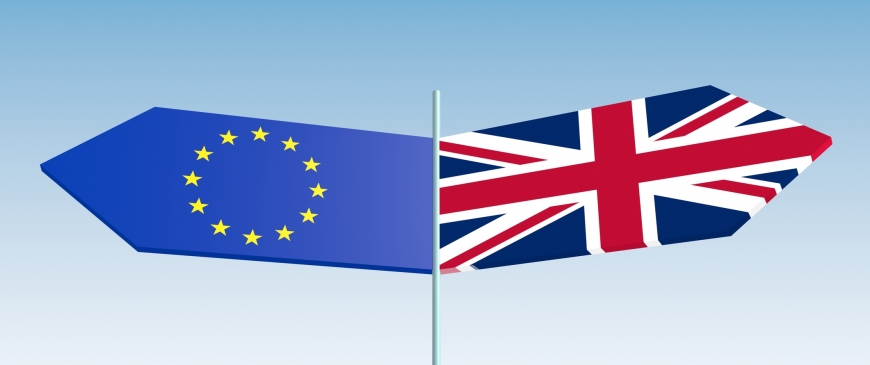
Brexit - the day after: What would it be like?
Simon Tilford of the CER believes that, although most other member-states dislike the idea of Britain leaving, few will be willing to cut London much slack in negotiations. "Quite clearly, there are some countries, Ireland being one of them, that will be pushing for accommodations, because they have more to lose from Britain leaving, but it’s quite clear from what we see politically in France and Germany – and those two countries will obviously be the two crucial ones – that they will be anxious to do everything in their power to avoid establishing a precedent that could in France’s case embolden the National Front or in Germany’s case lead to a further fraying of the EU. And that for them would be the existential point."
...But, before they get to work on article 50, EU leaders will want to know whom they will be negotiating with. Cameron has insisted throughout the campaign that he will stay on as prime minister regardless of the outcome. Like most political observers in Westminster, Tilford believes this is implausible.
Britain’s future trading relationship with the EU will be the biggest issue; Tilford believes the EU will offer Britain a straightforward choice. It can join the European Economic Area, like Norway, gaining full access to the single market in return for accepting free movement of people and paying into the EU budget. Or it can have no special trading relationship at all, regaining control of its borders but depending on World Trade Organisation rules for negotiating access to EU markets.
“Given that Norway basically has to sign up to pretty much everything substantive, has to abide by freedom of movement and has to pay substantial amounts of money into the EU budget, it’s very hard to see how that option would satisfy the UK and how it would satisfy the right wing of the Conservative Party,” Tilford says.
...Tilford is sceptical. “I’m sure that there will be buyer’s remorse as soon as Britain has left. People will be aware of the reality of that decision and the risks. However, I don’t think it will be an easy climate for Britain to backtrack and to indicate that it wants to re-enter negotiations. I think the Conservatives would be deeply split on the issue and the Eurosceptic side would have little option but to stick to their guns,” he says.
“And the rest of Europe will be fearful of doing so, because if they do that for Britain, what’s to stop other Eurosceptic movements pushing successfully for renegotiations and referenda? And that would prove just as destabilising.”
